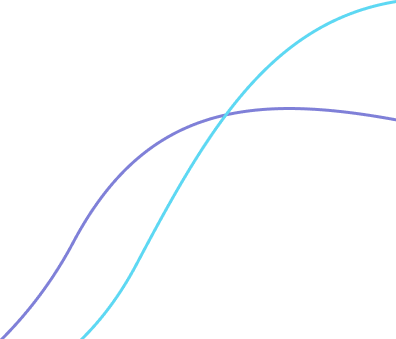In recent years, the idea of a Minimum Viable Product (MVP) has emerged as a cornerstone strategy in app development. But why is crafting an MVP so important? Below, the Monedata team will unravel the benefits of MVP-building to ensure your next app project is a success!

Cost-effectiveness
One of the biggest reasons big and small brands invest in MVPs is that they offer a chance to save money. Let’s face it: building a full-featured app from the ground up is not only expensive, but fraught with risks. What if the market's reception is lukewarm? What if the user needs change between development and release?
An MVP counters this dilemma. By focusing on your app's core features and functionalities, the MVP minimises development costs and curtails financial risks, a pragmatic approach for resource-conscious startups. Present an MVP, prove its value, and then head to production.
Speed
Speed can be your ally in the world of app development. If you’re too slow, someone will beat you to it and develop an app that steals your user base. As we’ve already touched upon, developing a full-scale app takes time. In fact, on average, an app takes 4-6 months.
An MVP, being leaner, can be launched much more rapidly. This speedy entry into the market could prove decisive, offering a competitive edge in a fast-evolving landscape.
Feedback
An MVP is more than a product; it’s a conduit for user engagement.
Launching an MVP allows you to collect immediate user feedback, a goldmine for developers. Understanding user preferences, pain points, and desires empowers brands to refine their offerings effectively and ensure the fully-fledged product is ready for the market.
See also: Why users are uninstalling your Android app — and how to change it
Core functionality
MVPs force brands to distil their app to its essence.
This focus on core functionality means developers can channel their energies into perfecting the most crucial aspects of their app, enhancing the overall user experience where it truly counts. Rather than getting bogged down in the final design or tweaks and changes, MVPs mean that the most critical elements will be dealt with as a priority from day one.
Investors
It’s good to think of an MVP as a proof of concept.
When built right, it should demonstrate to potential investors that a tangible, viable idea is at play. The success of an MVP can be a compelling argument for securing further investment, which is crucial for scaling and development. Whether you’re looking for third-party funds or need to convince higher-ups in your organisation that there’s a demand for your app, an MVP should do the job without sinking thousands of hours into full-scale development.
Community
Launching an MVP is also about community building.
It opens the door to early adopters, who often become loyal users and natural brand advocates. Their support and promotion through various channels can be invaluable. You can reward them with early access, free in-app subscriptions, and beta testing badges and prizes to foster a community and create flag-carrying fans of your product before launch.
Wrapping up
Developing an MVP is an exercise in strategic prudence and market wisdom.
It’s about testing ideas in real-world scenarios, minimising risks, and laying a robust foundation for future success. It’s the first step towards developing a product that resonates with the market and propels your company to new heights. If you’re looking for ways to monetise your app once it leaves the MVP stage, click here to learn more about Monedata.





Comments